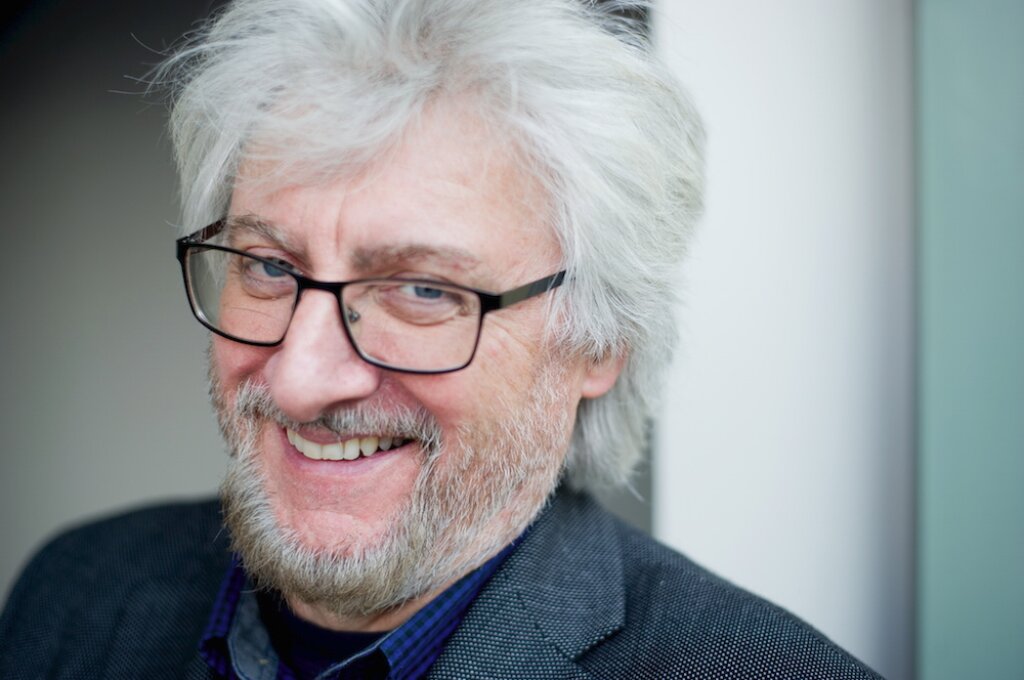On April 19th, 2017 please join us for "Democratic Backsliding or Authoritarian Charm? On Unexpected Political Development in Poland and Post-Communist Countries" featuring Radoslaw Markowski, University of Social Sciences and Humanities and PI of the Polish National Election Study. The event is part of the Occasional series, sponsored by the Jordan Center for the Advanced Study of Russia and co-sponsored by the Center for European and Mediterranean Studies.
After 20 years in Hungary and 25 years in Poland liberal democracies (widely believed to be consolidated and stable) are being challenged by authoritarian attempts. There are different legacies and corresponding reasons in the two countries but in both the liberal democracy as a system has been very openly questioned and successfully dismantled.
In Poland the destruction of the democratic foundations came – quite unexpectedly – not from the allegedly politically unsophisticated and democratically unprepared ordinary citizen, but from part of the elites. In October 2015 in a free and fair election, rather accidentally, the 18.6% of the eligible (or 37.5% of active) voters, due to 17% of wasted votes, turned out to be enough to form a single-party parliamentary majority.
Throughout much of the second half of the XX-th, when the cases of coming back of an authoritarian regime have been in the form of a sudden rupture, either as a military coup, elitist/bureaucratic revolt from above or by a revolutionary guerilla forces from below. Currently, In CEE in particular, "salami tactics" seems to dominate; authoritarians come to power via free and fair democratic elections and once in office start gradual cutting off most of the key pillars of democratic principles and limiting the competitive playing field toward one increasingly dominant political force.
Radoslaw Markowski, professor of political science, Center for the Study of Democracy (Director) at the University of Social Sciences and Humanities and PI of the Polish National Election Study. Specializes in comparative politics, democracy/democratization, party systems and electoral studies. He has published extensively in peer reviewed journals, among other in Electoral Studies, Party Politics, Political Studies. Main books: Post-communist Party Systems (Cambridge University Press 1999, co-author), Europeanising Party Politics? (Manchester University Press 2011, co-editor) and Democratic Audit of Poland (Peter Lang 2015, co-author)
This event is co-sponsored by the Center for European and Mediterranean Studies.



